10 Wealthiest Countries In The World: Leading Nations In Global Prosperity

Small nations often hold surprising wealth within their compact borders. Think Switzerland and Singapore -- miniature powerhouses with sophisticated financial systems, valuable resources, and bustling tourism. These factors have propelled them to the top of the economic ladder. However, wealth isn't always evenly distributed, and recent events like the pandemic exposed these inequalities. This exploration delves into the fascinating world of these small giants, untangling their unique path to prosperity while acknowledging the complexities that lie beneath the label "richest country."
Here are the 10 richest countries in the world:
10.
Luxembourg

Luxembourg, a small country in Europe, is surprisingly one of the richest in the world! It even ranks first on a recent list based on how much money each person in the country makes on average. This wealth allows Luxembourg to offer its citizens a high standard of living, with good housing, healthcare, and education. While the recent pandemic and other events hurt their economy a bit, they are still doing well compared to many other countries.
9.
Ireland

Ireland's ranking as one of the world's "richest" countries is primarily linked to its high GDP per capita, fueled by a well-educated workforce, strategic location, and booming export sector. However, this wealth isn't distributed equally, and a significant portion belongs to foreign companies attracted by Ireland's low corporate tax rates. While this inflates the GDP, it doesn't necessarily translate to higher living standards for all Irish citizens. Therefore, while Ireland boasts impressive economic strength, understanding the nuances behind its wealth ranking is crucial.
8.
Singapore

Singapore's wealth story is one of remarkable transformation. Once a resource-poor nation, it became a thriving financial and trade hub through smart policies, attracting businesses and high-net-worth individuals with its tax-friendly environment. However, recent global slowdowns highlight the challenges faced even by successful economies, requiring constant adaptation and resilience.
7.
Qatar
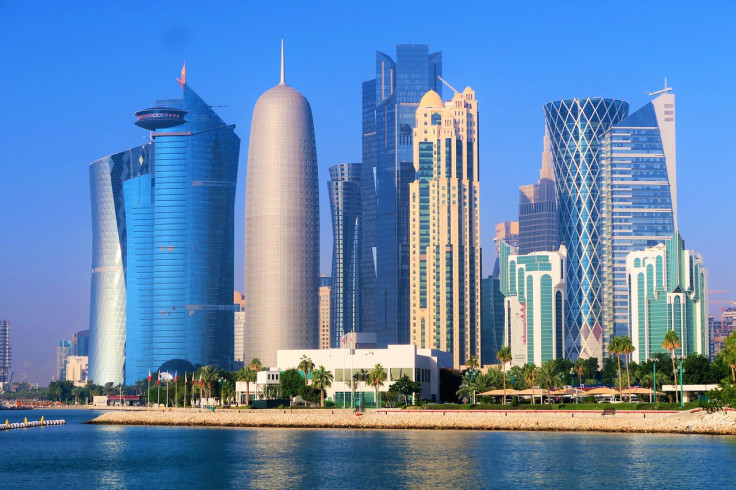
Qatar's immense wealth, fueled by its dominance in the liquefied natural gas market, has propelled it from a humble state to a global player. This financial power has been used to not only build its economy but also establish itself culturally, with significant investments in art, education, and media. However, this success is not without its controversies. Concerns regarding human rights violations, limited freedoms, and the treatment of migrant workers raise questions about the ethical implications of such rapid development. As the world's attention turns to Qatar for the World Cup, these issues come to the forefront, prompting a complex conversation about the true cost of progress.
6.
Macau
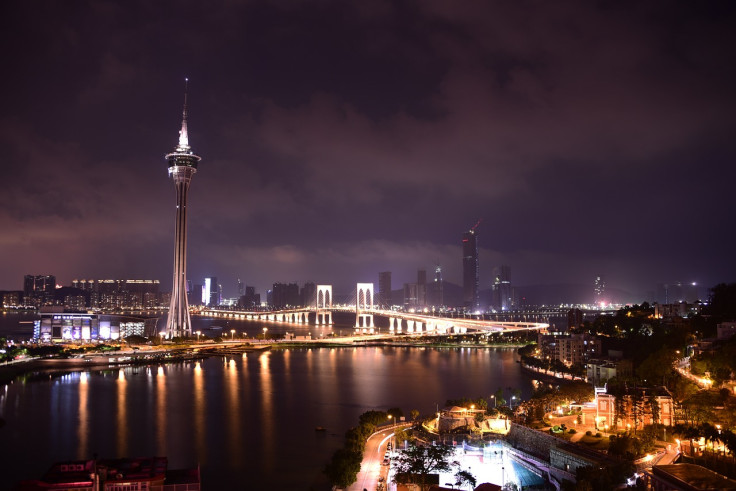
Despite a recent dip from its pandemic lows, Macau's position as one of the world's wealthiest territories is rooted in its booming casino industry. This "money-making machine," as once dubbed, fueled Macau's impressive GDP per capita, exceeding many of its neighbors. However, the road ahead is not without challenges. While cautiously optimistic about the future, Macau grapples with the concerns of a slowing Chinese economy and global economic uncertainty. Moreover, significant income inequality within the territory casts a shadow on its overall wealth, raising questions about equitable distribution and future stability.
5.
Switzerland

Switzerland's wealth stems from a combination of factors: early industrialization and focus on innovation, political stability and neutrality, a strong banking sector attracting high-net-worth individuals, and inheritance laws facilitating wealth preservation. While facing criticism for its role in WWII and potential tax haven status, Switzerland boasts exceptional wealth per capita and remains a major financial center.
4.
UAE
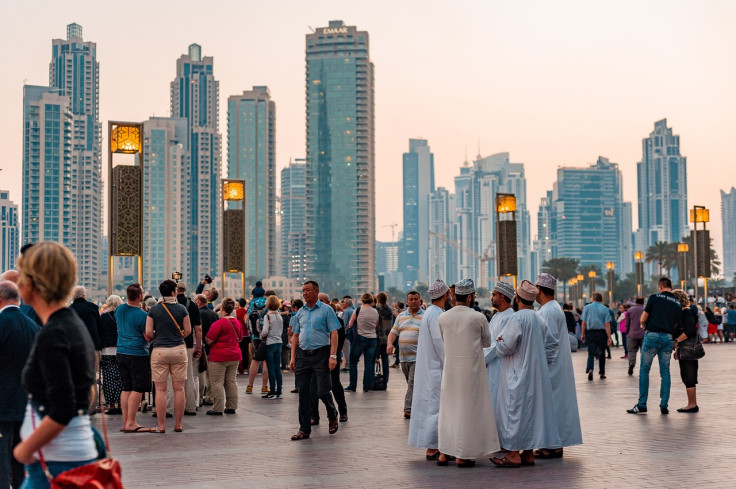
The United Arab Emirates' remarkable wealth stems from a unique blend of resources and strategic development. While the discovery of oil in the 1950s undoubtedly ignited its economic rise, the UAE has proactively diversified its economy in recent years. This move, fostering robust growth in tourism, construction, trade, and finance, has lessened dependence on a single resource. Furthermore, the nation's tax-free environment attracts businesses and individuals from across the globe, further propelling its economic prosperity. Despite facing challenges like the pandemic, the UAE's swift recovery and diversified economy solidify its position among the world's wealthiest nations.
3.
San Marino
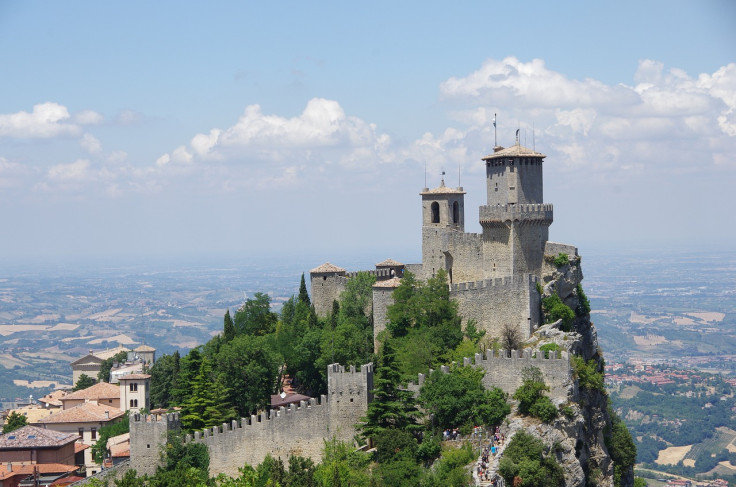
San Marino boasts a high-income economy, ranking 17th globally in GDP per capita. Tourism, banking, and manufacturing are key drivers, with ceramics, clothing, and wine among the manufactured goods. While most resources are imported from Italy, San Marino uses the Euro and maintains close economic ties to its larger neighbor. The country is transitioning away from its past reliance on banking secrecy and tax haven status.
2.
Norway
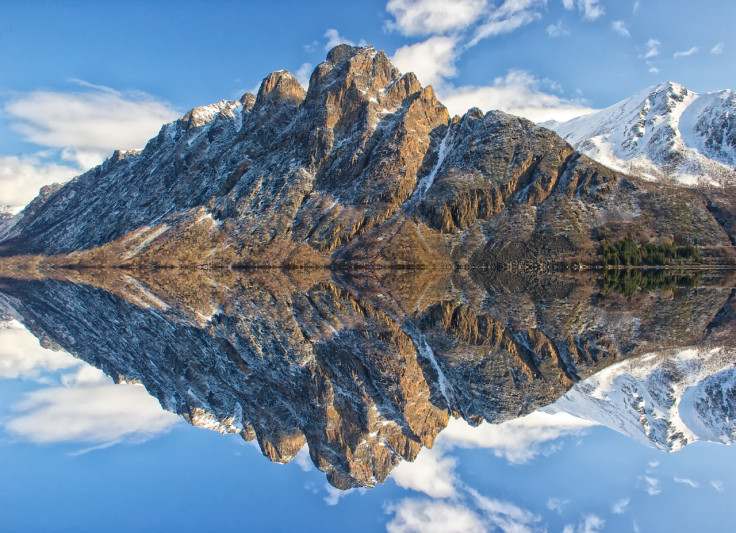
Despite early hardships, Norway's unique combination of a small population, vast resources like fish and hydropower, and responsible management of its oil wealth (including a sovereign wealth fund) propelled it to become one of the world's richest nations. Now, Norway invests in renewables like offshore wind, ensuring long-term prosperity and solidifying its position as a leader in both wealth and sustainability.
1.
United States

Despite its internal wealth disparity, the United States has emerged as one of the world's richest nations. This can be attributed to a confluence of factors. Firstly, falling energy prices in recent years gave the US an economic edge compared to oil-dependent countries. Secondly, government spending on social programs and economic stimulus during the pandemic helped maintain consumer demand and shorten the recession. Finally, a resilient job market, though facing inflationary headwinds, has contributed to overall economic growth. While these factors paint a picture of a strong national economy, it's crucial to remember that wealth distribution within the US remains a pressing issue.
© Copyright IBTimes 2025. All rights reserved.






















